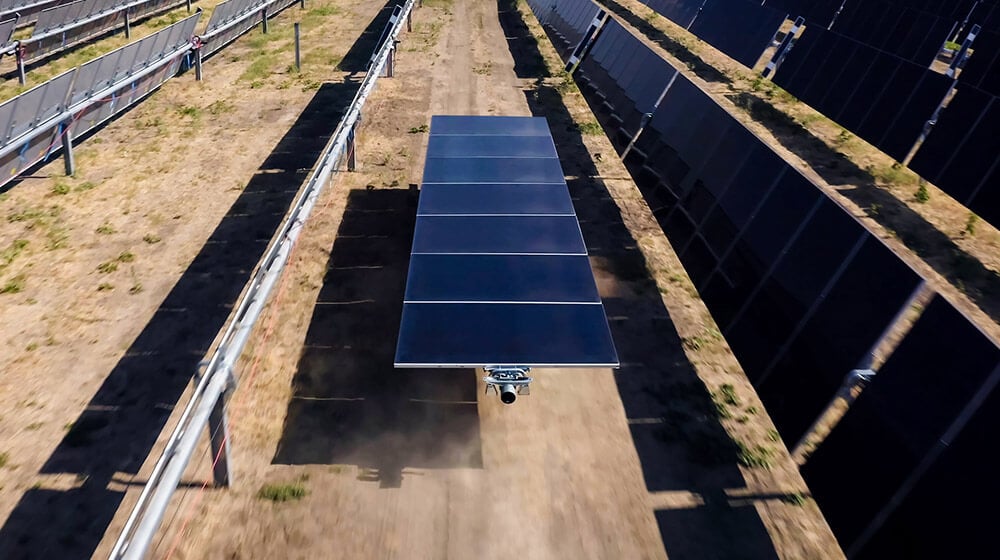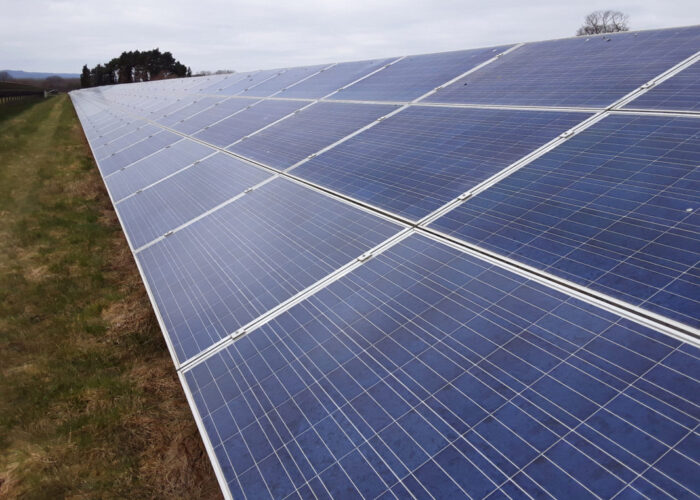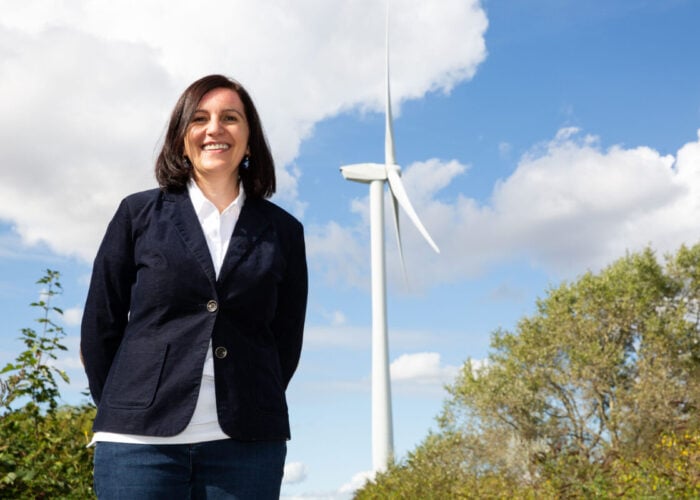
The global solar manufacturing sector has been struggling with a series of low-quality modules and installations, according to Matt Campbell, co-founder and CEO of US manufacturing firm Terabase.
Campbell told PV Tech Premium of this “epidemic” of poor-quality production today, and made a number of suggestions to improve the quality of solar installations in the industry. He suggested that a more sophisticated combination of hardware and software could be used to better design and build solar projects for use in particular environments.
Unlock unlimited access for 12 whole months of distinctive global analysis
Photovoltaics International is now included.
- Regular insight and analysis of the industry’s biggest developments
- In-depth interviews with the industry’s leading figures
- Unlimited digital access to the PV Tech Power journal catalogue
- Unlimited digital access to the Photovoltaics International journal catalogue
- Access to more than 1,000 technical papers
- Discounts on Solar Media’s portfolio of events, in-person and virtual
He also noted that the sector could benefit from the greater adoption of automated processes, to reduce the stress on human workers, who are often working in challenging climates, as solar projects are often located in areas with high levels of sunlight, which in turn are often remote areas with high temperatures.
Terabase has already deployed a system that uses a number of these principles, its autonomous Terafab construction system, at the White Wing solar farm in the US state of Arizona. The platform, which the company described as “a factory to make factories” received US$25 million in funding earlier this year to scale up operations, and the successful deployment of an autonomous construction process at a project of this scale is a significant development for automation in the solar sector.
Campbell was also optimistic that improvements in automation and prediction could create a “continuous loop of improvement”, where each data set collected at a PV project will inform future decision-making about other projects. While he acknowledged that deploying large-scale industrial processes in extreme environments will always present a challenge for solar developers, he expressed confidence that an increase in the volume and quality of data available regarding PV installations will be of benefit to the industry as a whole.
The news is the latest investment into AI and computing technology in the solar sector, following Utilidata and Nvidia’s collaboration to deploy smart data collection devices at US solar infrastructure.







